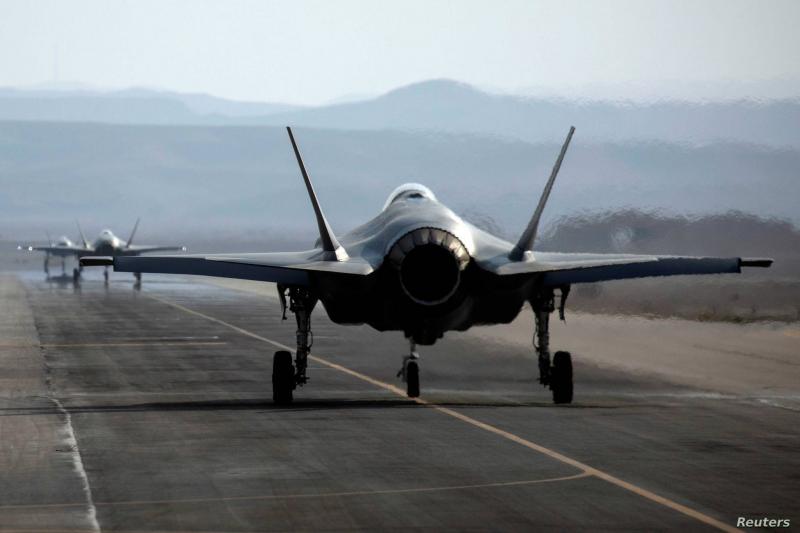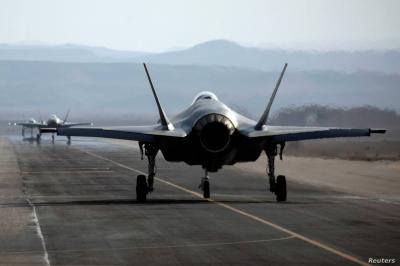The Israeli army is preparing "Plan B" if the negotiations regarding the Iranian nuclear file fail, which entails a military option. In this context, it continues to "develop its capability to conduct a military strike" on Iran "if circumstances require," according to the Jerusalem Post. After a five-month hiatus, indirect talks between the United States and Iran are scheduled to resume on Monday, mediated by other parties, with hopes of reaching an agreement to curb Iranian nuclear ambitions.
The Israeli army conducted "large-scale maneuvers in the north" during October and November, with plans for 50% more exercises next year compared to 2020, and 30% more than in 2021. The scheduled drills in 2022 represent the largest training operation in five years, especially for the army's reserves. After the signing of the Abraham Accords, the Israeli army also began conducting exercises with Gulf countries.
In a "subtle message" to Iran, according to the newspaper, Israel participated in multilateral maritime security maneuvers in the Red Sea with the UAE, Bahrain, and the U.S. Navy's Central Command. The exercises that took place in early November were the first of their kind and demonstrated the type of naval alliance that Israel could join if there were military action against Iran, according to the "Blue Flag" newspaper.
In a related context, Israel conducted its "Blue Flag" exercises last October, the "largest aerial maneuver ever" in its history, with participation from several countries, including the presence of the UAE air force commander, according to Agence France-Presse. Amir Lazar, head of operations in the Israeli Air Force, confirmed to reporters that the drills "do not focus on Iran," despite it being Israel’s primary strategic threat and central to many of its military plans, according to the agency.
Israel has been conducting the "Blue Flag" exercises every two years since 2013 in the Negev desert. However, this year's exercises saw participation from France, Italy, Germany, the United States, the United Kingdom, India, and Greece, whose aircraft flew over Israeli territory for the first time since 1948. AFP quoted Lazar at the Ovda airbase in southern Israel, stating that over 70 fighter jets participated in the exercises, along with 1,500 air force personnel from various countries. Participating aircraft included Mirage 2000, Rafale, F-16, Eurofighter, and stealth F-35s.
The maneuvers included training on advanced ground-to-air, air-to-air, and air-to-ground missiles, as well as avoiding ground-based air defense systems. While Israel has never joined any regional military alliance, Colonel Afiran Leirer, commander of the "Marom" Division, stated that "there may come a time when Israel will be part of a military alliance, and the army must be ready to fight alongside other forces." He added that "the United States always fights as part of a coalition, and we, as an army, must do everything we can to be prepared for any conflict. We see the Americans as a strategic ally, and there may be a time when we fight together."
On another note, Israeli diplomats continue discussions with the United States, the United Kingdom, and France regarding Iran. Defense Minister Benny Gantz stated that “the best scenario” would be a deal that focuses not only on uranium enrichment but also on Tehran's ballistic missile program and its regional hostility. He added, "Regarding Iran, we are engaged in ongoing discussions with our strategic partners, and our other duty is to build military strength, which is important in itself. I have ordered the army to enhance its strength in parallel with these discussions."




